
A country that was well and truly favouring China till about two months back is today settled quite explicitly in India’s camp. The geopolitical change that Maldives has witnessed in such a short period is very rare. Former President Abdulla Yameen, who was pro-China, lost power to Ibrahim Solih in September.
President Solih has openly advocated closer ties with India.
Since Solih came to power, his government has taken a number of decisions that showed his intent of developing closer relations with India and reducing Chinese influence.
The most bold and clear indication that Maldives was heading back in the direction to solidify ties with India was when President Solih invited Prime Minister Modi to his swearing-in ceremony.
Recently, the foreign minister of Maldives reiterated to India that the country would follow an ‘India First’ policy in contrast to Yameen’s pro-China policies. This is of great significance to India’s security due to Maldives’ geographical location.
A few years back, India had gifted Maldives two Dhruv helicopters. Abdulla Yameen had asked India to take back the helicopters along with 50 military personnel stationed in the country. Within a day of power-change and President Solih’s swearing-in, Maldives said that it won’t return India’s helicopters. This may seem like a small thing but from a geopolitical point-of-view it has deep relevance.
In 2016, Maldives imported goods worth $343 million from China, and its exports to China were just $0.258 million. China’s exports were over 1,300 times its imports from the small nation. Clearly, trade is incredibly biased in China’s favour. Despite such a catastrophic trade imbalance, Abdulla Yameen had signed a Free Trade Agreement with China. A few days after Ibrahim Solih came to power, there was news that Maldives will pull out of the treaty because it stands nothing to gain through it owing to the massive difference in size of the economies of the two nations. This is good news for India as it implies shrinking Chinese influence in Maldives.
About 70% of Maldives’ external debt is owed to China. Maldives is under a money crunch to pay off loans to China. Under these circumstances, Maldives’ foreign minister Abdulla Shahid hoped that India would help them manage the shortfall. The Indian government has promised to help Maldives.
Maldives was considered a lost foreign policy cause for India a few months back. Relations were continuously deteriorating, and despite efforts from India, Maldives didn’t show any signs of mending ties. The election turned it all around, and the Indian government has grabbed the opportunity. This is another foreign policy victory for Prime Minister Modi.




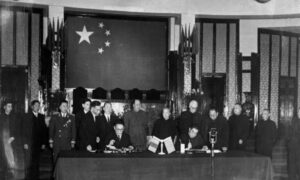

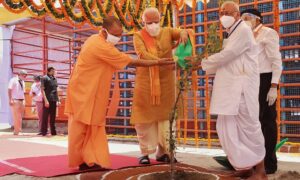



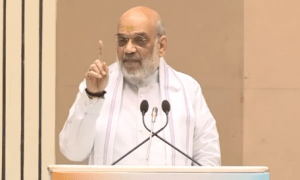



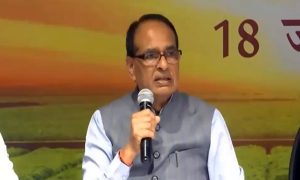

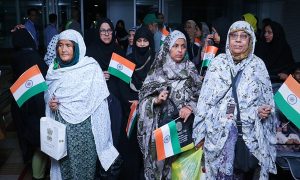





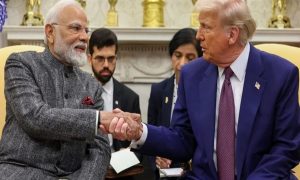

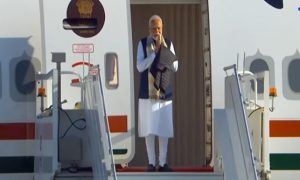

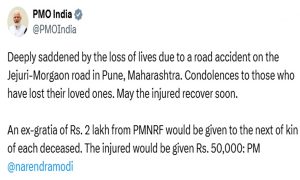

 WhatsApp us
WhatsApp us